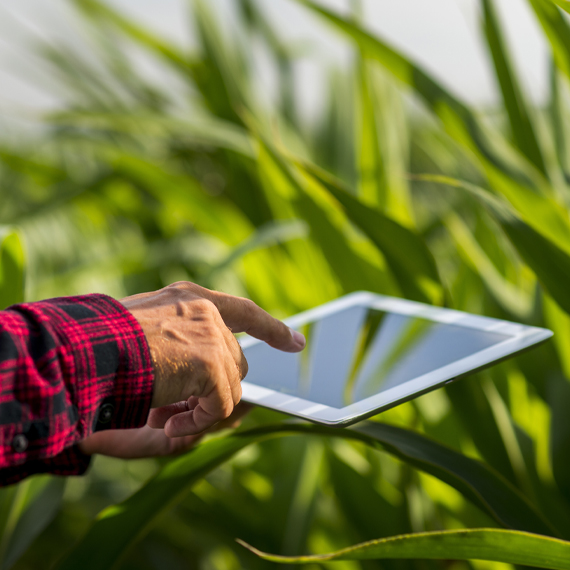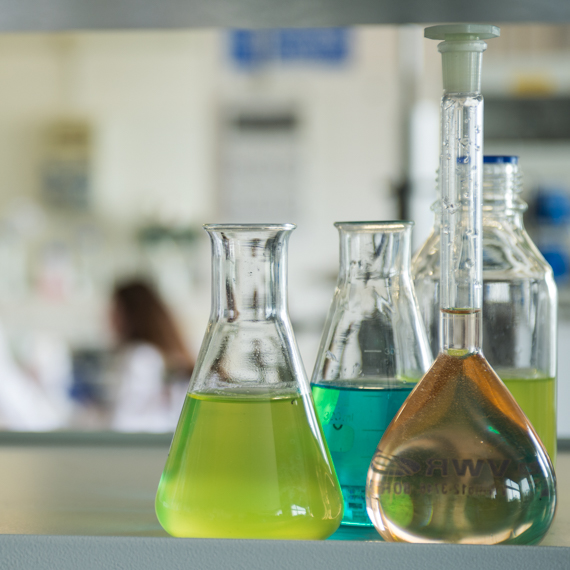
Crop protection and Farm to Fork strategy: faster authorizations for the benefit of sustainability
Registration procedures for EU agrochemicals
Considerations on registration procedures in the agrochemical sector could be the key to giving consistency, pragmatism and strategy to the entire supply chain - at a time when the EU has correctly decided to focus on sustainability – avoiding, on the one hand a conflict between the EU and the rest of the world, on the other negative repercussions on farmers, especially in terms of crop protection.
High Regulation requirements
A crop protection product must be registered in order to be put on the market. The registration process in the EU, implemented with Regulation 1107/2009, is one of the most complex existing, it requires millions of euros in investments; it can take up to six or seven years between data preparation and evaluation and, above all, it follows the precautionary principle. In fact, unlike in other countries, the EU bases the decision to authorize a crop protection product not only on its risk associated with exposure, but also on its intrinsic danger, regardless of the likelihood that the danger will materialize - and this should reassure EU citizens on the safety of products registered and used in Europe; unfortunately, this is not always understood.
European Green Deal and “Farm to Fork" strategy
Last May, the European Commission published the "Farm to Fork" strategy, an important part of the European Green Deal, to implement sustainable food production, of which our sector is an integral part, being called upon to guarantee crop protection products aligned with the same strategy. Even for these products it is necessary to prepare a complex and complete set of scientific studies, as required by Regulation 1107/2009, which are then evaluated by the competent authorities (EFSA), and this delays the market entry of these new solutions. Furthermore, the reduction in the use of agrochemicals, which is one of the objectives of the new strategy, could determine at the same time both an increase in production costs and a reduction of the same, with the consequence of a difference in unit cost between the commodities produced. in Europe and those in the rest of the world. What to do? It would be advisable to speed up some of the authorization processes (without this being detrimental to the quality of the assessment) to encourage the introduction of sustainable innovation, which could also be financed by Next Generation EU: this would guarantee, in a reasonable amount of time, the European Community an advantageous return. of the Recovery Fund investments and to European farmers the innovation they need. Now I would like to remind you that Sipcam Oxon is investing in the development of products in line with the European strategy, that is, with low environmental impact and safe for the consumer and operator.
The costs
Italy would benefit in particular from these improvements, precisely due to the uniqueness of its quality agriculture, which is characterized by a considerable diversity of crops and consequently of problems - including those of biotic adversities (fungal diseases, adverse insects etc.) - and which needs innovation. The products for our agriculture have high registration costs, as they are directly proportional to the number of crops and "pests" (both weeds, fungi and harmful insects and all the pathogens responsible for crop diseases) that one wants to include in the registration: all this makes the development of a product for fruit or vegetables, categories within which there are many crops, more costly than what happens for corn, canola or grains, more typical of the north of the Old Continent.
Finding a balance for agriculture products in EU farming
In the medium term it is possible to foresee a Europe that seeks to influence the rest of the world with its choices; years in which we will be able to witness a scenario in which on the one hand a strong push will prevail to everything that can be summed up in the concept of sustainability, on the other hand the priority of feeding a growing population of dimensions not comparable to the European or Western ones. It is a question of finding a balance between these two conditions; because we cannot pretend that a world doesn’t exist that has to produce food, in a safe and I would say plentiful way, - and in this case it is not possible to think that the problem will be solved with interventions on the farmer's income as the problem is instead about feeding a population. On the other hand, we cannot even think that innovation and scientific development cannot give us the tools to have sustainable food production. Hence the need to face the issue in a pragmatic way and find a balance as a whole.


